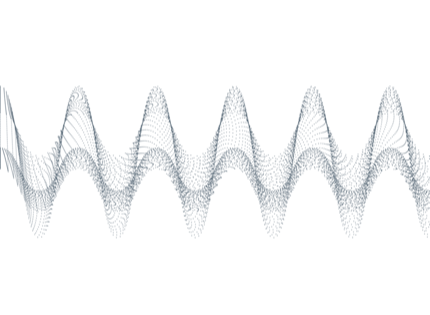Grupos de investigación
Ofertas de empleo
Actualmente no hay ofertas de trabajo disponibles.
Socios y colaboradores

UNIVERSIDAD TECNOLÓGICA DE CHALMERS AB
Suecia
Visitar página web arrow_right_alt


Investigador Postdoctoral MSCA: Syed Waqas Haider Shah (Supervisor: Joerg Widmer)
La era de las comunicaciones móviles 5G acaba de empezar y ya estamos experimentando el dominio de varias aplicaciones nuevas con requisitos de conectividad de banda ancha mejorados. Estos requisitos serán aún más críticos con la integración de las redes celulares en diferentes sectores de la sociedad. Las redes celulares convencionales basadas en la banda inferior a 6 GHz representan una solución a corto plazo, ya que las oportunidades espectrales disponibles son limitadas y, sin duda, se agotarán pronto. Por ello, RISE-MM pretende sentar las bases de las redes celulares basadas en el espectro THz. Combinando la experiencia de los investigadores en redes habilitadas para superficies inteligentes reconfigurables (RIS) y los conocimientos sobre comunicación por ondas milimétricas y su implementación práctica de IMDEA Networks, en RISE-MM desarrollaremos modelos de canal para la comunicación RISE-MM en entornos de despliegue en interiores y exteriores. Además, el proyecto pretende desarrollar un algoritmo para la comunicación y detección conjunta (JCAS) a través de RISE-MM utilizando técnicas de aprendizaje automático.
RISE-MM pretende validar los modelos de canal propuestos y el algoritmo mediante simulaciones a nivel de sistema (SLS) y plataformas de experimentación de ondas milimétricas basadas en radios definidas por software (SDR). También implementará los modelos de canal propuestos utilizando un gran banco de pruebas con decenas de dispositivos de 60 GHz disponibles en el mercado, lo que proporcionará un análisis de rendimiento más realista para los despliegues a gran escala para complementar los resultados basados en SLS y SDR. El despliegue práctico de RISE-MM también ayudará a formular la política óptima de colocación de los RIS, que es un factor crítico para la planificación de redes con RIS.
RISE-MM es un avance científico único porque aprovecha la teoría de la comunicación, el aprendizaje automático y la experimentación práctica para proponer nuevos modelos de red que permitan diseñar y caracterizar la comunicación RISE-MM para redes celulares más allá de la 5G/6G. Además, el algoritmo JCAS específicamente desarrollado puede ser la base de nuevos desarrollos para la detección e identificación de objetos pasivos.

This project has received funding from the European Union’s Horizon Europe Programme under a Marie Skłodowska Curie grant agreement No. 101061011.
Actualmente no hay ofertas de trabajo disponibles.
